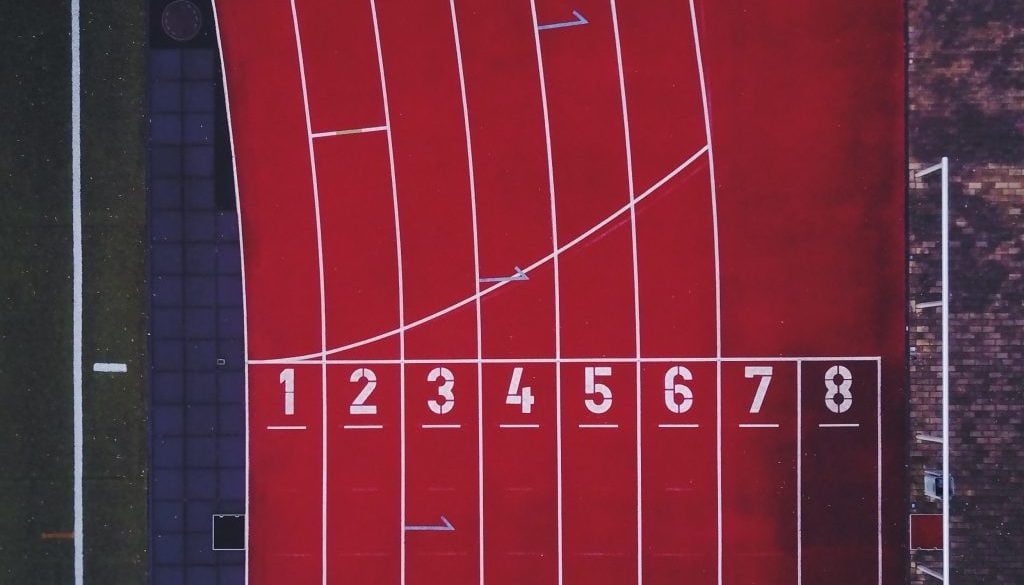The 8 Losses of Adoption
Over the last 15 years, I have learned (usually the hard way) that parenting tweens and teens requires a particular set of skills and perspective that don’t just naturally develop in pace with my kids’ developing identities or maturing bodies. I had to go after those skills myself, seeking counsel and learning more about teen culture and adolescent development than I ever thought I’d want to know.
I’m like that, an information gatherer who uses that data to gain perspective and set a plan of action. Now that I’m on the cusp of “tweenhood” with my adopted children, I find myself facing that learning curve again, and I’m quickly learning that parenting adopted tweens and teens requires from me some additional layers of understanding and attention to their needs.
We adoptive parents hear quite often that adoption is borne of great loss. We know that, in order to be part of our family, our kids have had to face (to some degree or another) the loss of their first family. We are alert to the loss of birth culture and the potential for loss of healthy racial identity. But those losses are only the tip of the proverbial iceberg that our kids have looming in the deep of their beings. In Katie Naftzger’s great book, Parenting In The Eye Of The Storm: The Adoptive Parent’s Guide to Navigating the Teen Years, she presents 8 losses to consider in helping our children make their way from childhood to adolescence. By the time we reach the point of parenting our adopted tweens and teens, we’ve hopefully already learned that love isn’t enough. Understanding these 8 losses and their impact on our kids’ unique stories and the evolution of their identities as adoptees is a necessary foundational layer to add when parenting our adopted kids through adolescence.
8 Losses Of Adoption
Loss of continuity
Our kids don’t have “the full picture” of their story or even of our story before they come to our home. That impacts family holidays, traditions, story-telling and the formation of their identity.
Loss of safety
Many adopted children are survivors of hard starts to their lives. Facing the “what if’s” that come out of the lack of safety and security they’ve experienced and being a witness to their expression of the pain in that is imperative to helping them understand their story.
Loss of control
So much of their lives before coming to the security of our homes was at the whim of others. So much of their story was out of their control. Being at the mercy of others, being “lucky” to survive those moments is itself a loss, as Naftzger says. “One shouldn’t have to be lucky to have a loving family. To be lucky is to have no control whatsoever. That is the loss.”
Loss of closure
Not knowing what pieces of your life you are missing or where those pieces fit creates unanswered questions, a struggle to predict outcomes, and a sense of loose ends left untied. Naftzger’s metaphor in the book of a 100-piece puzzle with 99 pieces in place and one piece missing is a word picture that is all too haunting and real for many of our kids.
Loss of trust in adults
Children are supposed to be able to count on the adults in their lives. When the outcome of trusting those adults becomes unhealthy, dangerous or uncertain, our kids struggle to trust adults again. Understanding that loss and re-building their ability to trust us can be an uphill climb.
Loss of innocence
Kids don’t just suffer from the consequences of trauma or neglect. The day that their childhood stopped being safe and good, they also suffered the loss of innocence. Acknowledging that loss in light of their story is a loving way to help them navigate the unknown territory of teenhood.
Loss of worth
The tween and teen years are typically full of self-doubt and self-consciousness regarding one’s appearance, abilities, and identities. Our adopted young people can be subject to a deeper self-hatred that goes to the core of their identity and focus on hatred of their ethnic features or appearances as they are different from their adopted family. That longing to look like the rest of their world can translate to a loss of self-worth.
Loss of accountability
Many kids come to adoption through circumstances that are unjust and unfair and they never see justice or resolution for themselves. The lack of accountability for those actions that are committed against our kids is a huge loss. Naftzger calls it “an inaccessible privilege.”
Loss Isn’t The Whole Story
These 8 losses can have a profound effect on our kids as they navigate teenhood. When we take the time to understand the losses and their consequences, we can stand with our kids in deeper understanding and empathy. The beauty of navigating these losses is that the losses are not their full story. The stories of our adopted kids are full of promise, as unique and evolving as our children are. The privilege we have is to equip ourselves with this kind of foundational understanding so that we can usher them toward the rights, privileges and responsibilities of that promising future.
Blog Credit: Creating A Family
